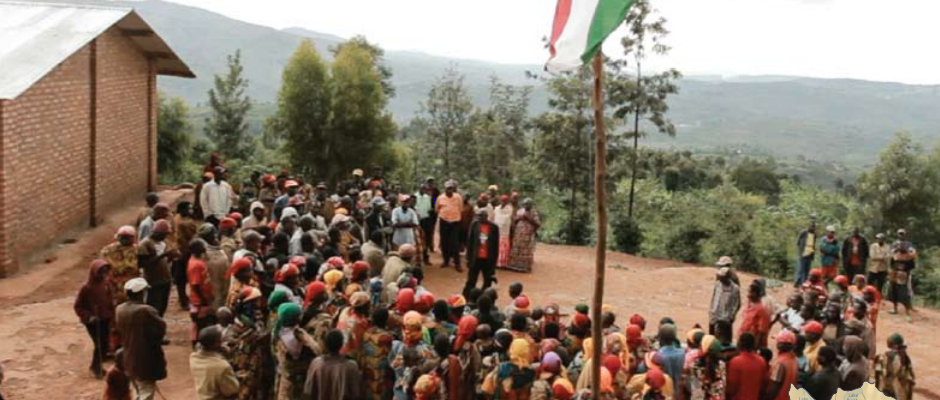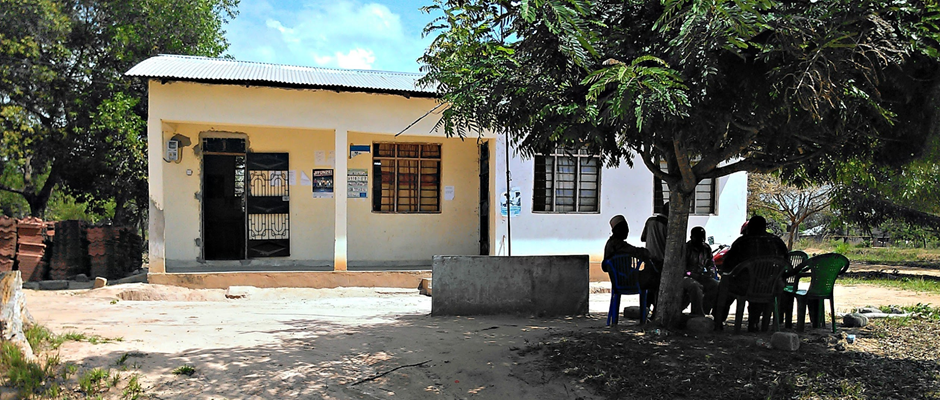
Decentralization has advanced considerably in Africa in the last two decades. Since 1990, many African central governments have initiated or deepened processes to transfer authority, power, responsibilities, and resources to sub-national levels. To examine the results of these processes, USAID has commissioned a comparative study to draw lessons from 10 country experiences with decentralization: Botswana, Burkina Faso, Ethiopia, Ghana, Mali, Mozambique, Nigeria, South Africa, Tanzania, and Uganda. This study is a comparative report drawing upon desk studies of the countries above, plus follow-up field studies in five of the countries (Botswana, Mali, Mozambique, Nigeria, and Tanzania).
The study found mixed results of these decentralization processes in Africa, with considerable achievements in some areas and more limited advances in others. African decentralization has advanced considerably in the devolution and deconcentration of legal authority to sub-national governments (SNGs) and sub-national administrative units. In establishing decentralization framework laws, these processes have advanced in the political, fiscal, and administrative dimensions of decentralization. Politically, all countries in the study now hold sub-national elections. On the fiscal side, decentralization gave SNGs important expenditure responsibilities in public services, and guaranteed access to some of the revenue resources needed to meet these responsibilities. A major achievement here is the creation of regularized, formula-based revenue transfers from the center, though these are relatively small in several cases. On the administrative side, central governments have undertaken extensive processes to deconcentrate authority from central government offices to administrative units controlled by the center. In all of this, there are reports that decentralization has had some modestly positive impact on public service delivery, while serving as an instrument to enhance national stability in many post-conflict countries.
On the other hand, changes have had less positive impacts in other areas. The area of sub-national autonomy is a leading example. Sub-national autonomy remains quite restricted by several topdown forces, especially the control exercised by state authorities (including deconcentrated entities) and by the dominant political parties in many African countries. Central governments are justified in seeking to coordinate and monitor the actions of sub-national actors, but the degree of control observed suggests a continuation of centralized patterns of governance in many cases. This also affects accountability. There is some downward accountability of SNGs to local citizens through the frequent and increasingly institutionalized use of sub-national elections, but accountability in many cases continues to flow mostly upward to actors at the center. Fiscal realities also affect this, as own-source taxation for SNGs remains a weakness in most cases, and the reliance on revenue transfers increases central government control over how money is spent. A final issue in most countries is capacity at all levels of government, although service provision seems to have slightly improved after decentralization processes in about one-third of the cases. Alongside these broad trends, some individual countries stand out for certain aspects of their decentralization processes. There are a number of “exceptional successes” that cut across multiple dimensions of decentralization.
Several variables affect the goals and extent of decentralization, including colonial heritage, federalism, and political party systems. Governance is likeliest to be centralized in countries with a Francophone heritage, that are unitary in structure, and that have a single dominant political party. Decentralization certainly correlates with federalism. Countries are not always highly decentralized if they are former British colonies, but the experiences are at least more variable. Other forms of party systems (including fragmented systems and competitive two-party systems) are relatively rare in Africa, but also seem to contribute to more decentralization than is seen where a single party dominates. Finally, histories of conflict seem to matter, especially since decentralization has often been used to promote national stability. Here, the most important observation is that decentralization (including devolution) has helped consolidate stability in some cases and does not appear to have compromised stability in any cases.
The implications of this analysis for advocates of decentralization are numerous. The study argues that donors and pro-decentralization policymakers should assess the political incentives of African governments and states, not the so-called political will of these actors. Decisions to decentralize may be made because national leaders genuinely seek to promote the noble goals of democracy and development, but they are likely to occur for other reasons, such as consolidation of a regime’s or a party’s power, or even to ensure access to donor support. The most propitious environments for decentralization programming will be where the political incentives of leading actors align with the interests of donors and other actors promoting decentralization. A governing elite’s need for national stability, governing legitimacy, or political gain can provide more stable support for decentralization than professed commitment to a noble goal.
In conclusion, evidence shows that decentralization in Africa has helped enhance democracy somewhat, has proven consistent with stability, and has contributed to marginal improvements in local public service provision in some cases. Achievements have been modest, but study clearly find there has been little damage to governance as a result of decentralization. This may seem faint praise, but is itself surprising given concerns about local capacity and the newness of many decentralized governments and administrations. It is thus an encouraging sign that decentralization may be able to meet some of its goals and objectives as it is institutionalized and consolidated over time.
Final report is available here.
Dickovick, J and Rachel Riedl (2010). “Comparative Assessment of Decentralization in Africa: Final Report and Summary of Findings”. Washington, DC: US Agency for International Development.




